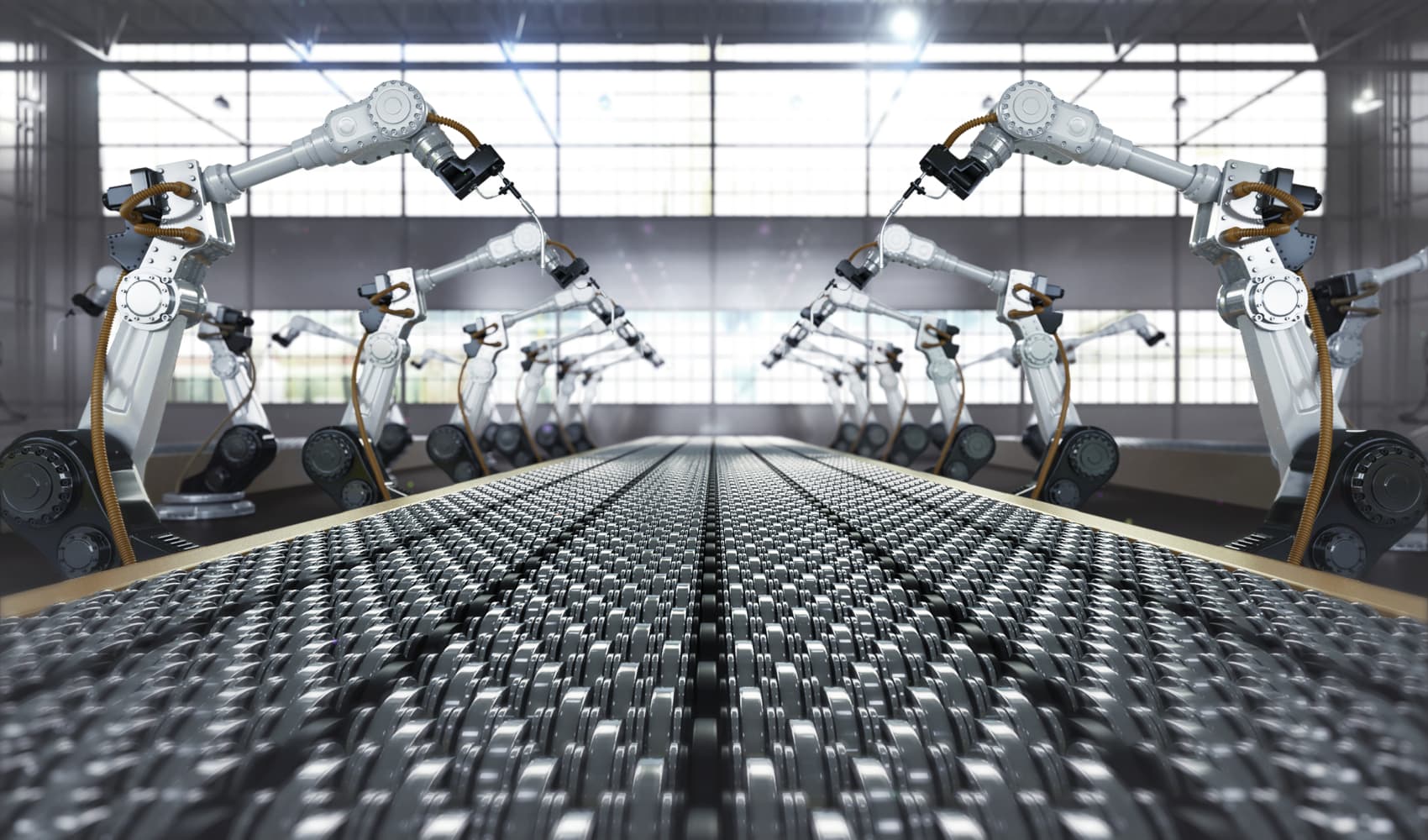If Donald Trump were hoping to enlist Josh Lyman or Toby Ziegler for his West Wing staff he should probably keep looking.
"West Wing" alumns Richard Schiff and Bradley Whitford made it clear Trump is about as far from the fictional president they served, "Josiah 'Jed' Bartlett", as anyone could possibly get.
"We’ve never experienced anyone so blatantly willing to care so little about what happens to the world,” Schiff said, who went on to describe Trump as "pathologically fearless," and not in a good way. The actor, who played the White House communications director in the Aaron Sorkin-helmed NBC drama from 1999-2006, compared the Republican nominee’s speeches to "a third grader giving a book report."
Schiff has been stumping around the U.S. for democratic presidential nominee Hillary Clinton, with recent stops in Pennsylvania and Ohio, as he warns voters about the potential ramifications of a Trump presidency.
"It’s not something I enjoy," Schiff said. "I don’t like the idea of convincing people of something that they don’t necessarily believe, although that’s part of the deal here. But I just go back to 2000, and I go back to the fact that I came very close to voting for Nader myself because I was just disappointed in Al Gore… And then I got talked out of it by of all people Brad Whitford, who said, ‘Are you out of your mind? This is what Bush and Cheney stand for, this is who they are, blah blah blah.’ I just needed that reminder.
"If it worked on me in 2000," he continued, "I’m hoping it could work on some people who are disaffected, who are somewhat disappointed, disillusioned by this election cycle."
Schiff has appeared on the Hillary campaign trail along with fellow West Wing alums. On Sept. 24-25 in Ohio, he was joined by Whitford, Dulé Hill, Allison Janney, Joshua Malina, and Mary McCormack.
U.S. & World
Sorkin’s political drama has seen a resurgence in the past few years with streaming sites like Netflix, serving as an antithesis to more negative onscreen portrayals of the American government like "House of Cards."
There are striking similarities between the talking points driving this year’s elections and plot threads from the series, which in the early-2000s already highlighted push-button topics such as gun violence, Islamic extremism, and violence perpetrated in the name of racism.
Whitford, who recently live-tweeted the vice-presidential debate,
plans to campaign in his home state of Wisconsin and work phone booths in California. Whitford said he was shocked by how relevant Sorkin’s themes still are today.
"Not only do they remain urgent issues, but there are some striking issues where it feels like progress has gone backwards, like voting rights and campaign finance reform,” he said.
But where some problems have gotten worse, others have advanced at a rate that he could have never predicted, like LGBTQ rights. “That issue moved forward in a way that gives me a tremendous amount of hope when it comes to issues that have seemed absolutely impossible to talk about, like common sense gun laws,” he said.
"Every issue that we dealt with in ‘The West Wing’ is still going to exist today, but some might be just marginally or incrementally better than they were, and some will have regressed," Schiff added. "We’re seeing examples of pockets of what seems to be institutionalized, militarized police practice that leads to unwarranted deaths of members of the minority. So that’s one example of it not getting any better."
Still, improvement is nigh. At rallies, Schiff tries to emphasize that "the major problems of society don’t get solved in a minute," but that change has been "quite profound in my lifetime alone, it’s just that we don’t necessarily see it from one day to the next."
Whitford and Schiff are speaking especially to millennials who may not have witnessed the impact of political decisions like later generations, warning them that apathy will lead to dire consequences. "I want young people to understand that the next 30 years are going to be dictated by this election," Whitford said, using the Supreme Court appointments under the Bush administration as an example of long-term effects from one presidency.
"They need to understand -- whether it’s gay rights, the ability to afford a college education, climate change -- a Trump presidency would be an unmitigated disaster."



